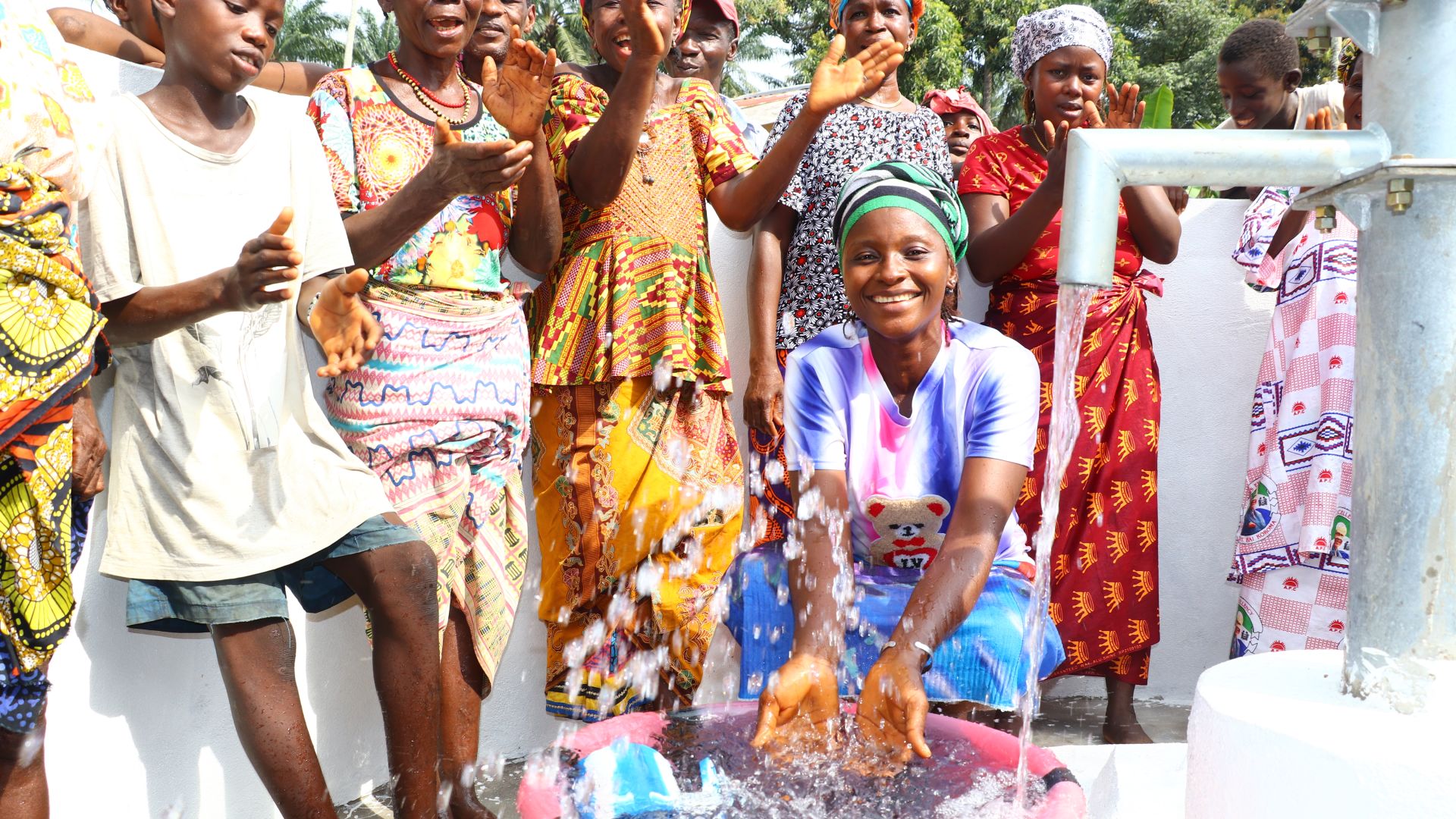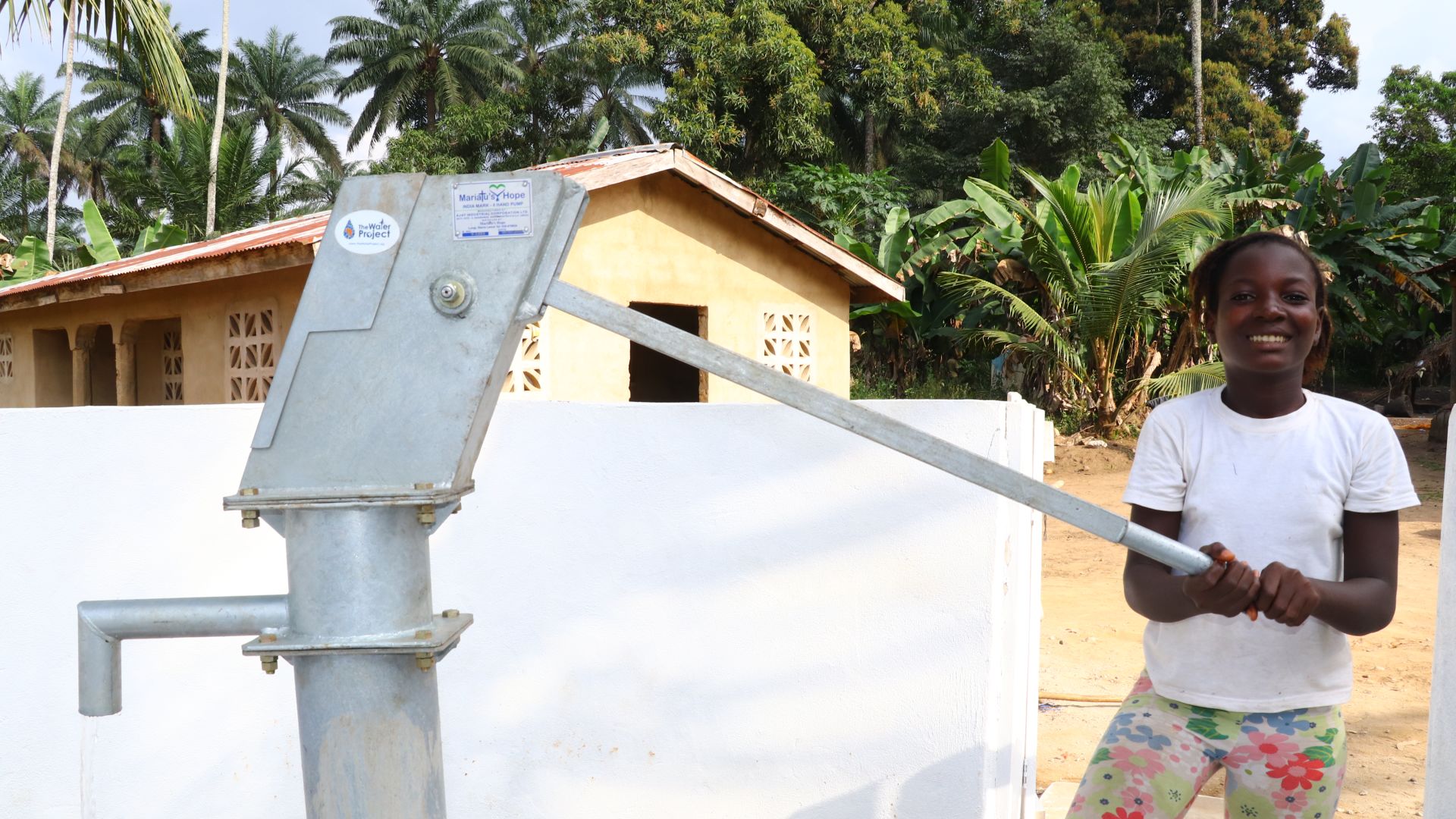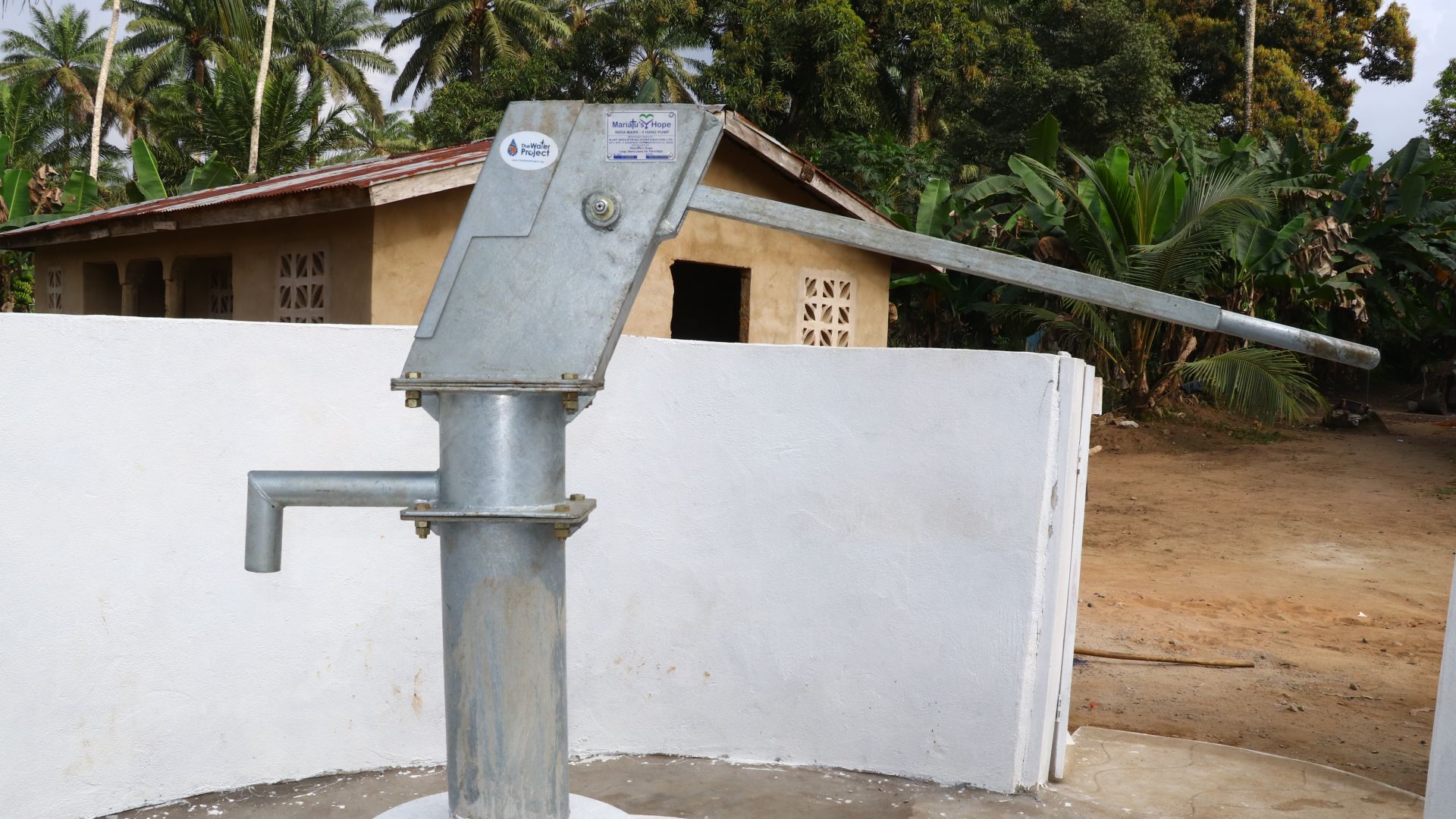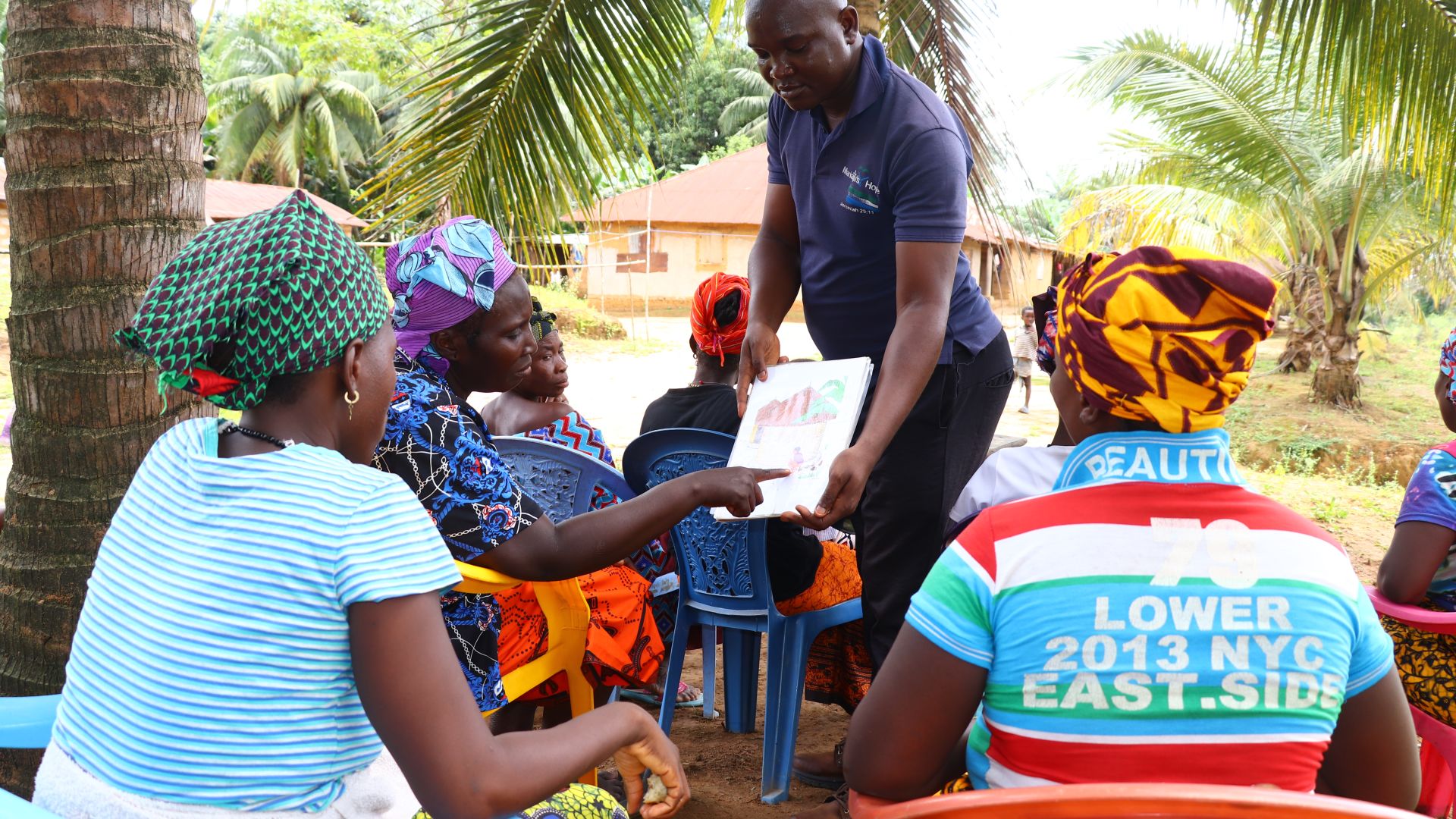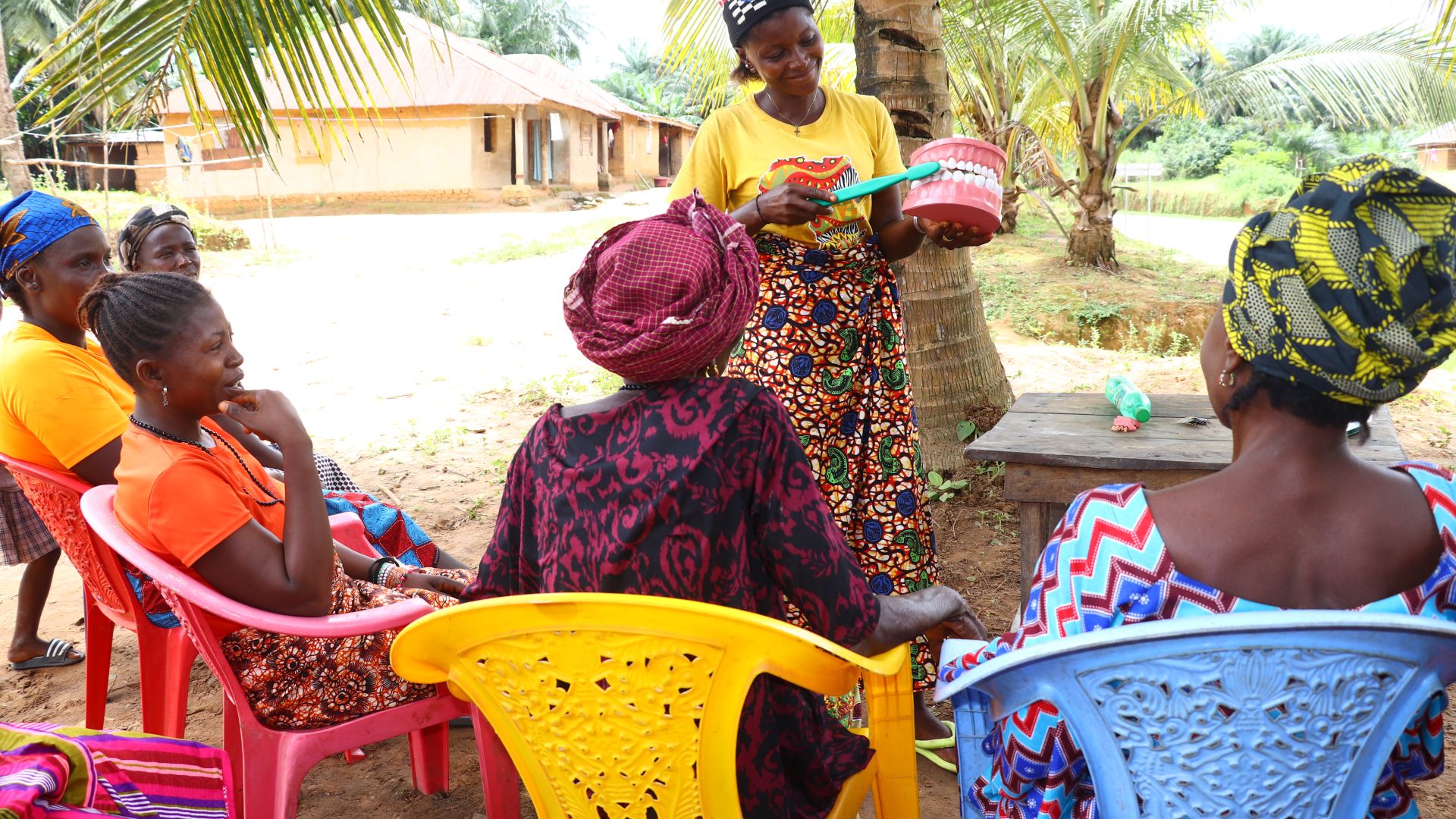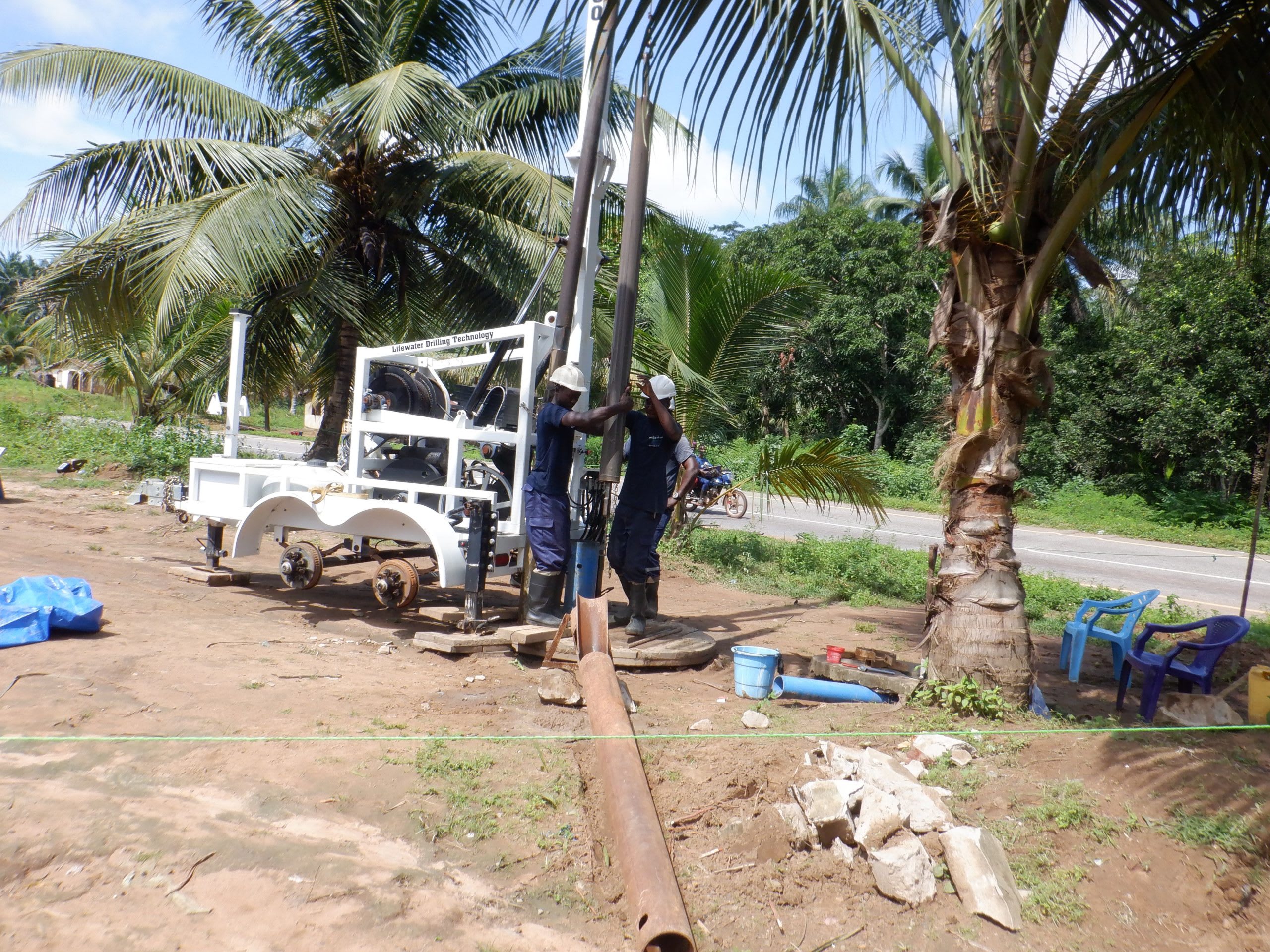The 138 people of the Bundalai Community struggle to access sufficient water to meet their daily needs.
The community's primary water source is an open well that the community members dug in 2018. Although they did their best, the well does not provide enough water for the community population, especially when it dries up during the months of March and April each year.
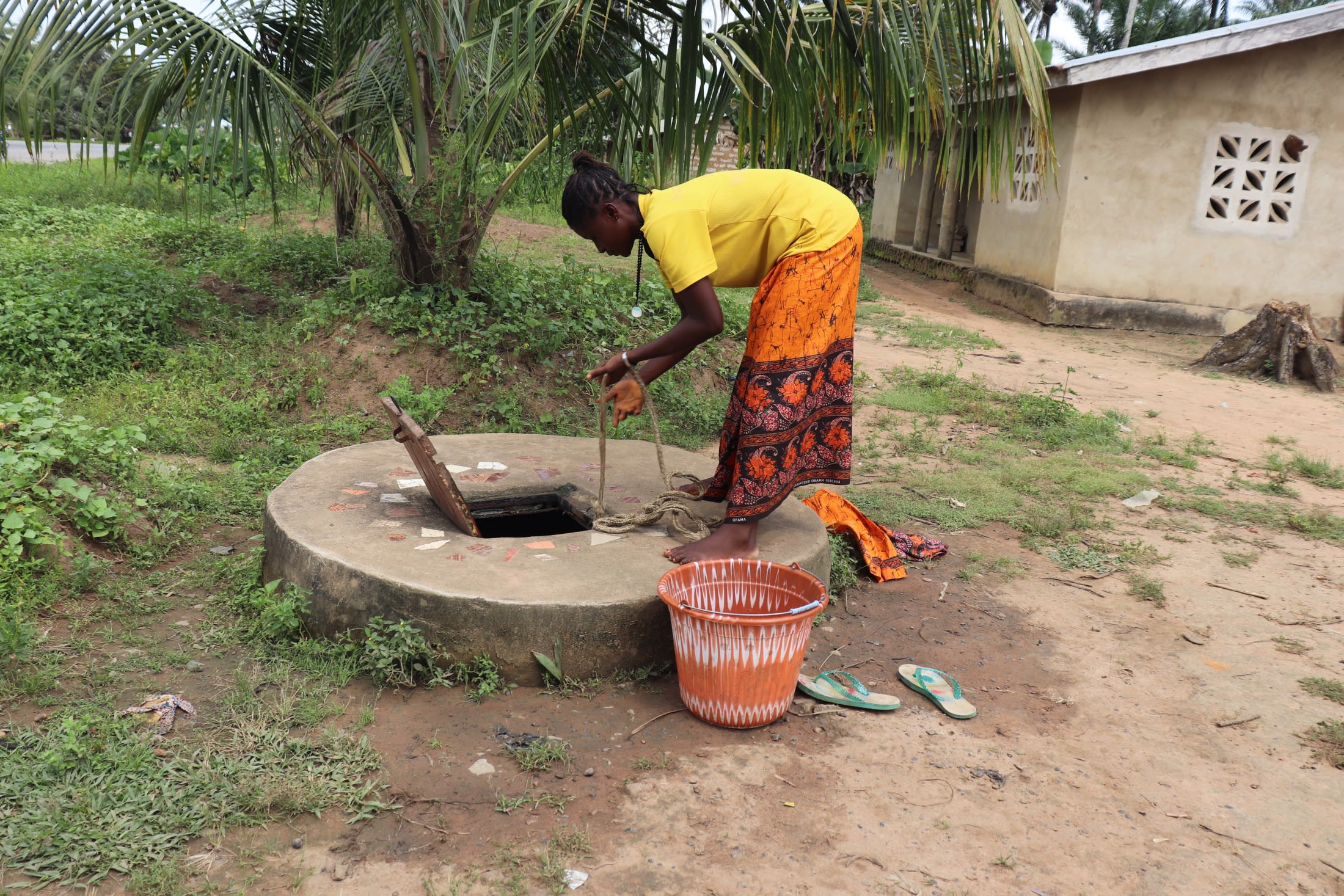
The alternate water source is the local swamp, but it is far away, and the water collected there leaves everyone vulnerable to suffering from water-related illnesses that steal their health and financial resources.
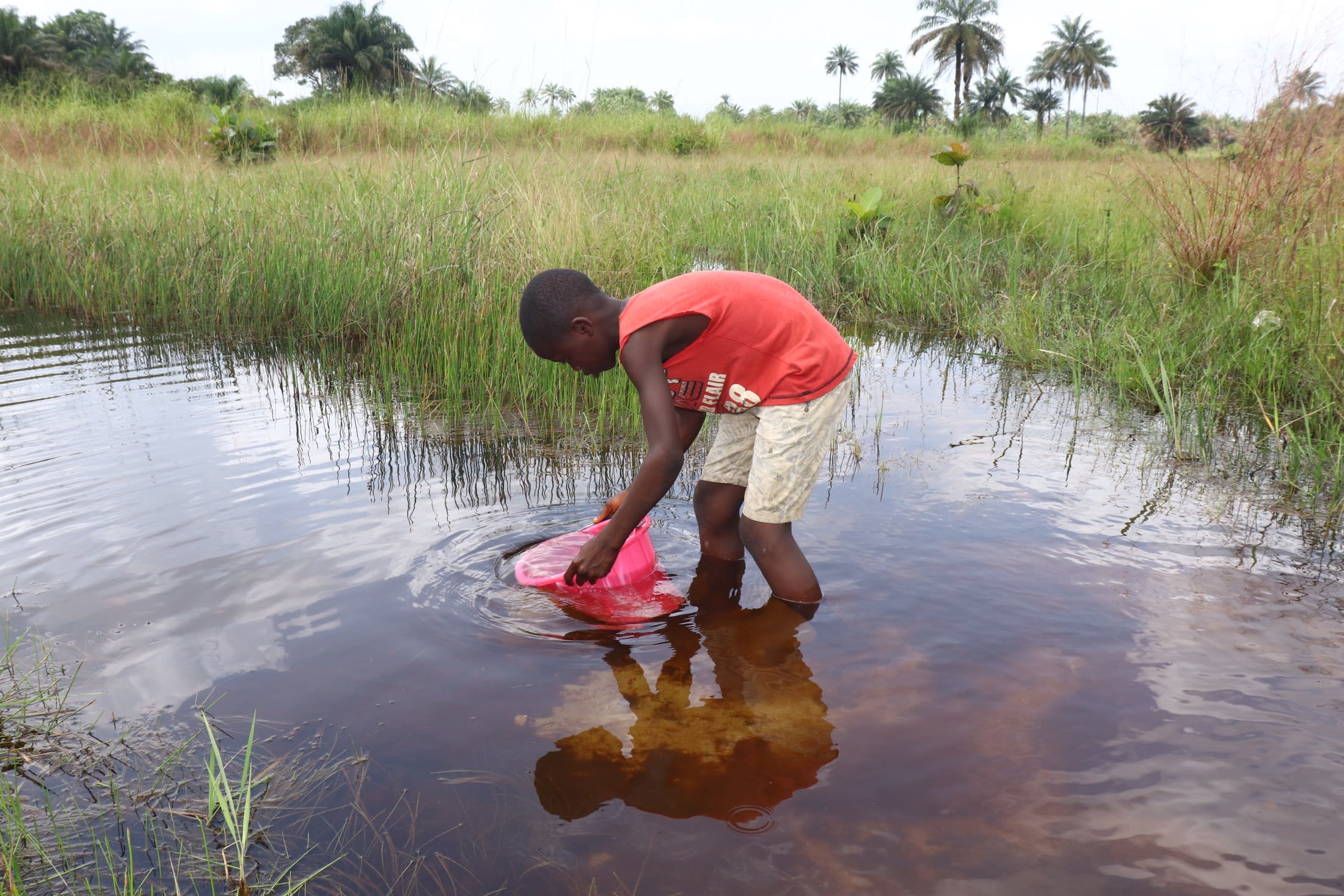
"I am living in this community, and I have many constraints with water. The water well I have in my community is not good and pure for drinking. The water well runs out of water during the dry season. The distance I cover to fetch water from the swamp is far, and I spend more time to reach the water point. Most of the time, I have to go to school late because of the water problem. I have to fill up all the jerricans [at] home before going to school. After making many trips for a day, I will be [too] tired to partake [in] other activities," said 12-year-old Sheku K., shown above collecting water from the swamp.
"I am facing serious water problems in my village. In the morning hours, I have to collect my rubber bucket or drinking bucket [and] rush to the well to fetch drinking water. People quarrel at the water point because everyone needs water at home. I must be patient before I can fetch water. It is hard for me to fetch drinking water at this well, especially when the well gets dry," said 35-year-old farmer Adama Kanu (shown below).

The waste of time waiting for water due to overcrowding costs people in various ways. They are delayed in daily chores like cooking, cleaning, and bathing, making everyone late for activities like work or attending school.
"I struggle to get water to prepare food. I am usually late to prepare food for my family, and this situation causes me to eat late, as well as my family. Also, I am a farmer. I am late to go to work in the bush. I plant different crops which I am using for a living. Sometimes, it would cost me a great loss because I would not work hard and complete the targeted portion," said Adama.
"When the well gets dry, I must go to the stream to fetch drinking water, but this source is not safe to drink. I use it to drink because it is the only water that is available at that time," concluded Adama.

Rehabilitating Bundalai's well that community members dug and converting it to a borehole well will enable everyone to quickly and efficiently collect all the water they need to meet their daily needs without risking their health and well-being. This will give people the time to attend to things like work and school, improving their futures.
The Proposed Solution, Determined Together...
At The Water Project, everyone has a part in conversations and solutions. We operate in transparency, believing it benefits everyone. We expect reliability from one another as well as our water solutions. Everyone involved makes this possible through hard work and dedication.
In a joint discovery process, community members determine their most advantageous water solution alongside our technical experts. Read more specifics about this solution on the What We're Building tab of this project page. Then, community members lend their support by collecting needed construction materials (sometimes for months ahead of time!), providing labor alongside our artisans, sheltering and feeding the builders, and supplying additional resources.
Water Access for Everyone
This water project is one piece in a large puzzle. In Kenya, Sierra Leone, and Uganda, we're working toward complete coverage of reliable, maintained water sources that guarantee public access now and in the future within a 30-minute round trip for each community, household, school, and health center. One day, we hope to report that this has been achieved!
Training on Health, Hygiene & More
With the community's input, we've identified topics where training will increase positive health outcomes at personal, household, and community levels. We'll coordinate with them to find the best training date. Some examples of what we train communities on are:
- Improved hygiene, health, and sanitation habits
- Safe water handling, storage & treatment
- Disease prevention and proper handwashing
- Income-generation
- Community leadership, governance, & election of a water committee
- Operation and maintenance of the water point

 Borehole Well and Hand Pump
Borehole Well and Hand Pump










